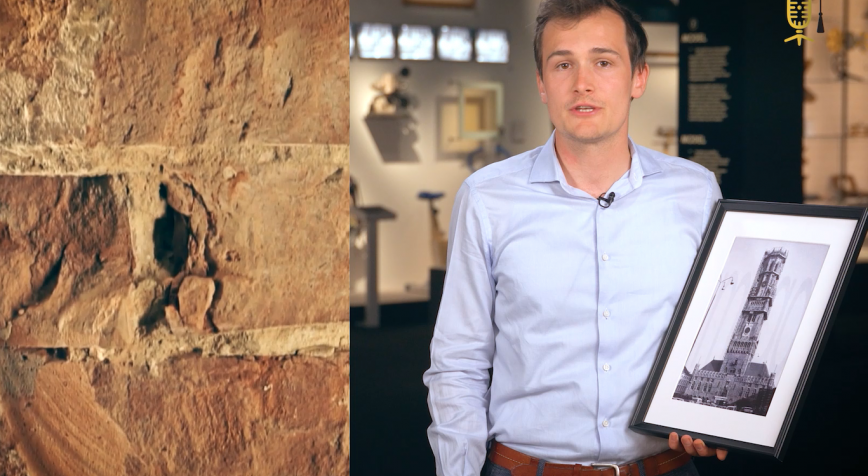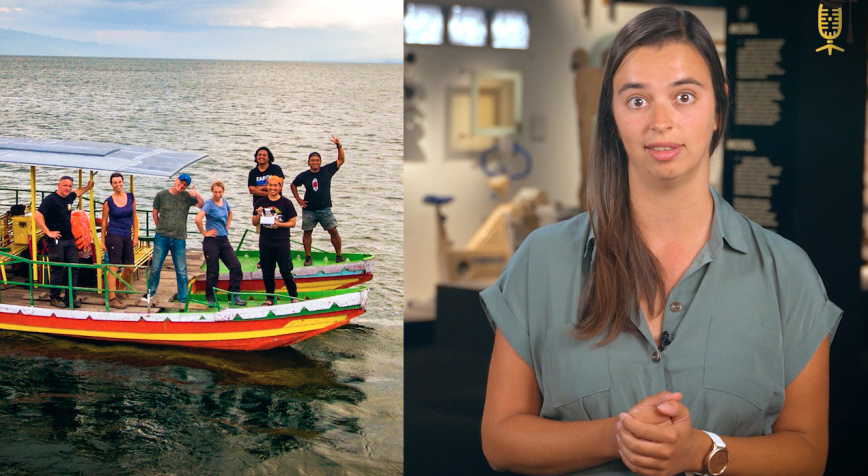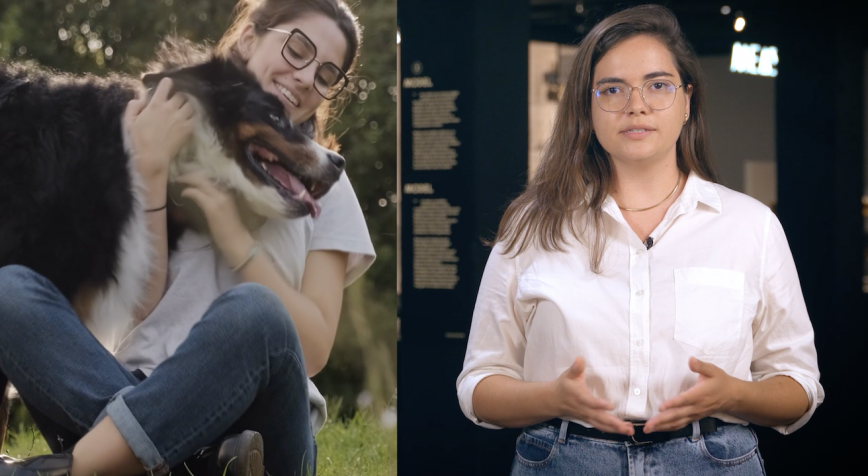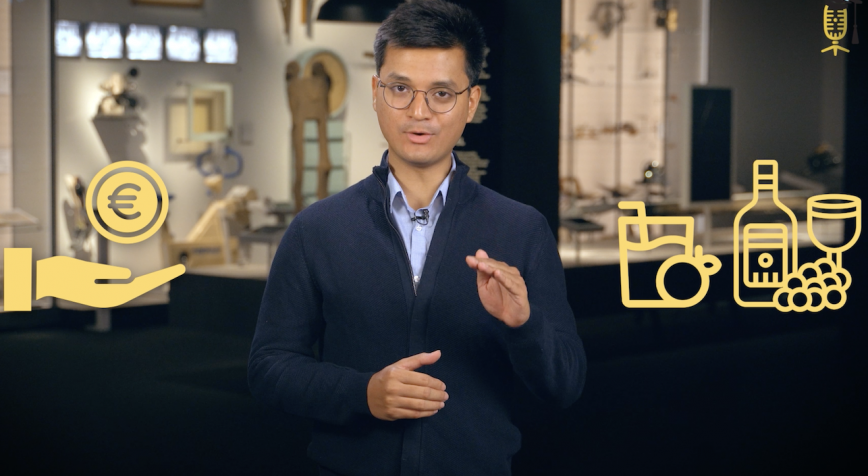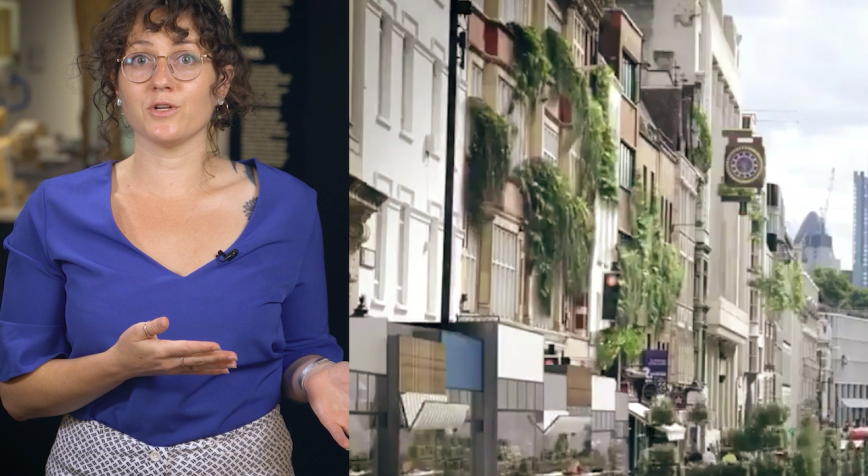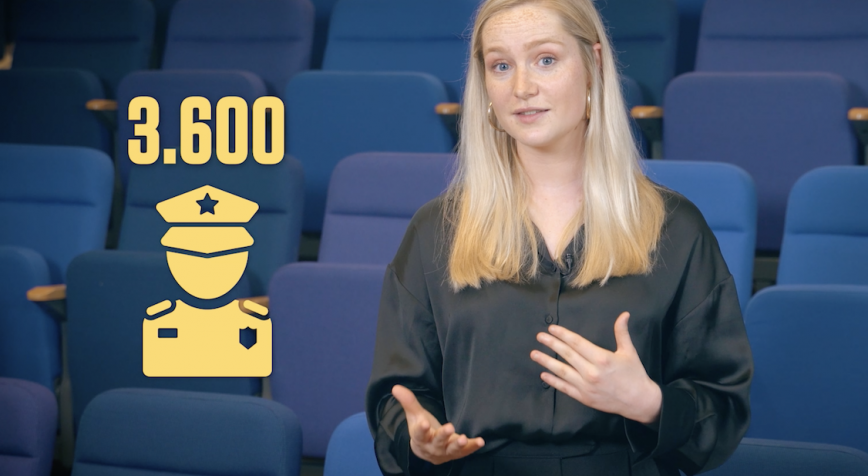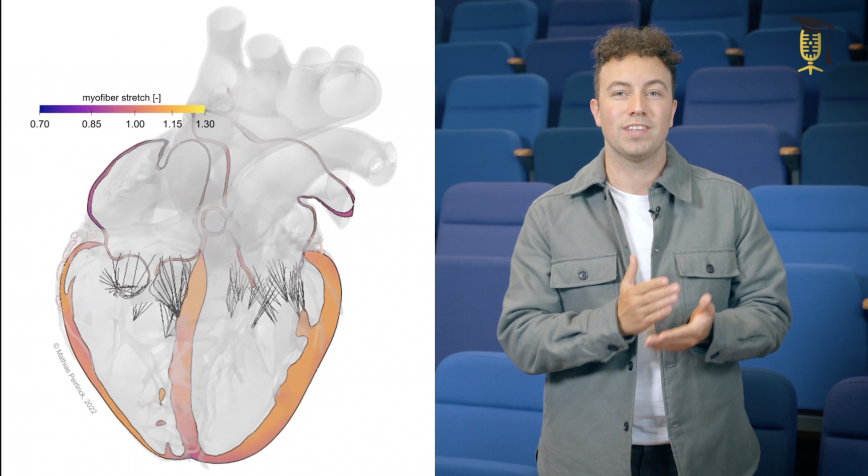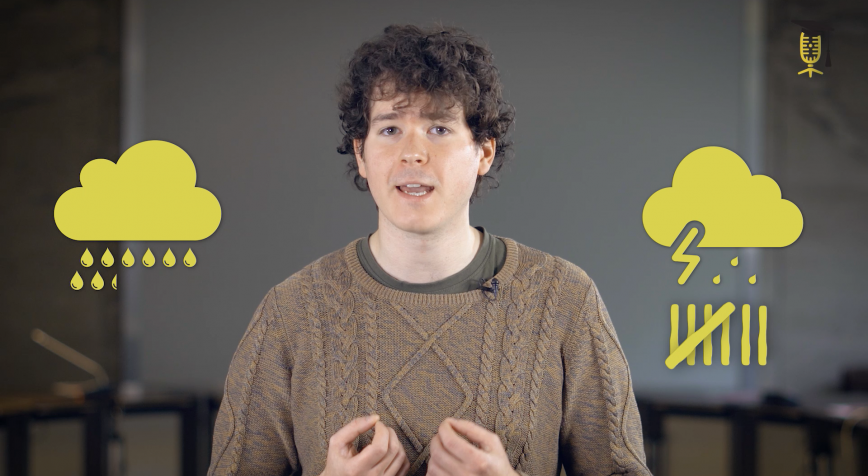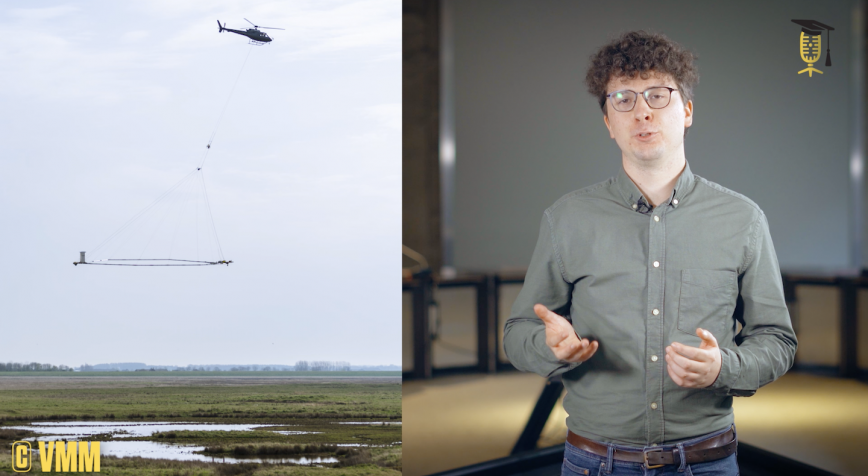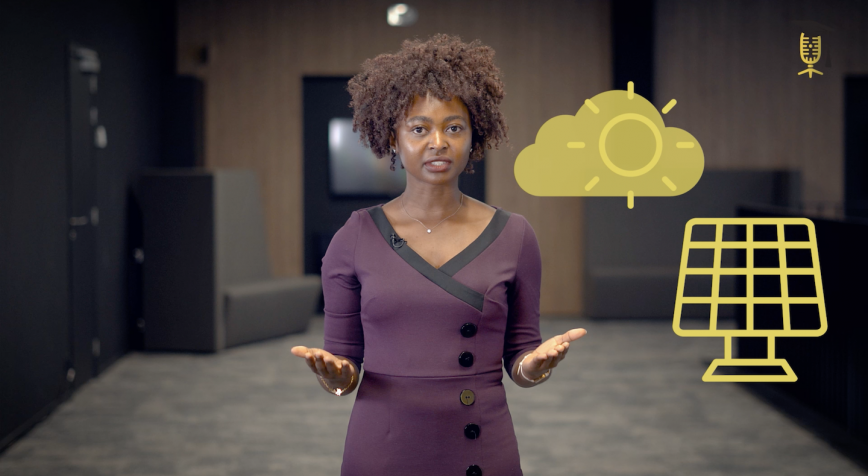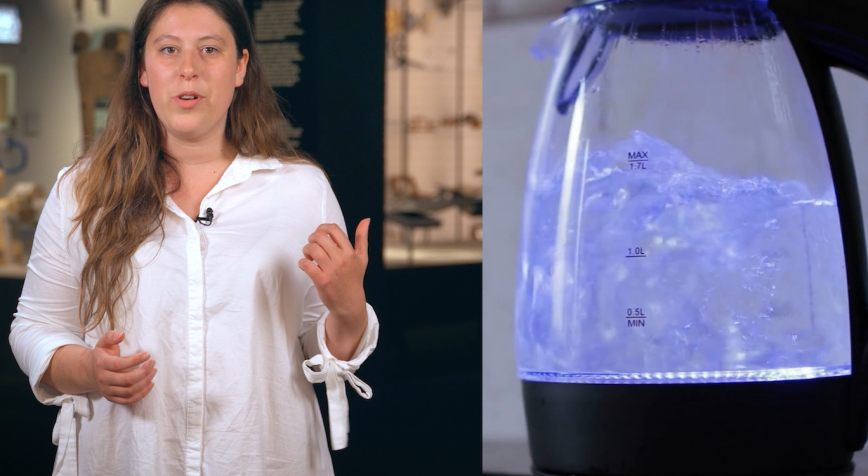
UGent
Critical thinking for design engineers
Can you think of what products you would like to buy in 10 years' time? Predicting the future is quite difficult, isn't it? And yet that is what we expect from people who invent and develop new products. Lore Brosens wants to help product designers, both students and existing design engineers. How? By training them to think critically and come up with creative solutions.
